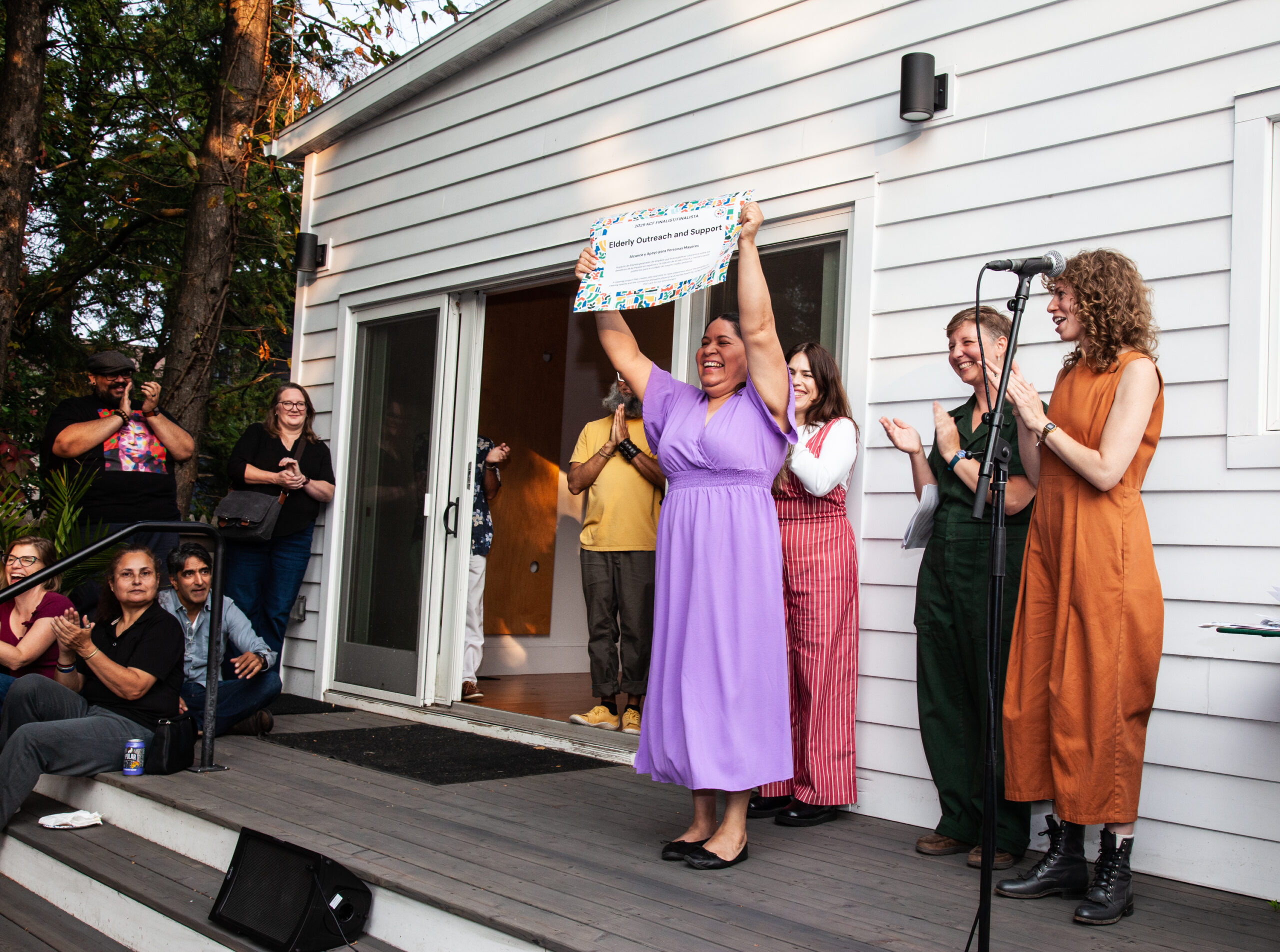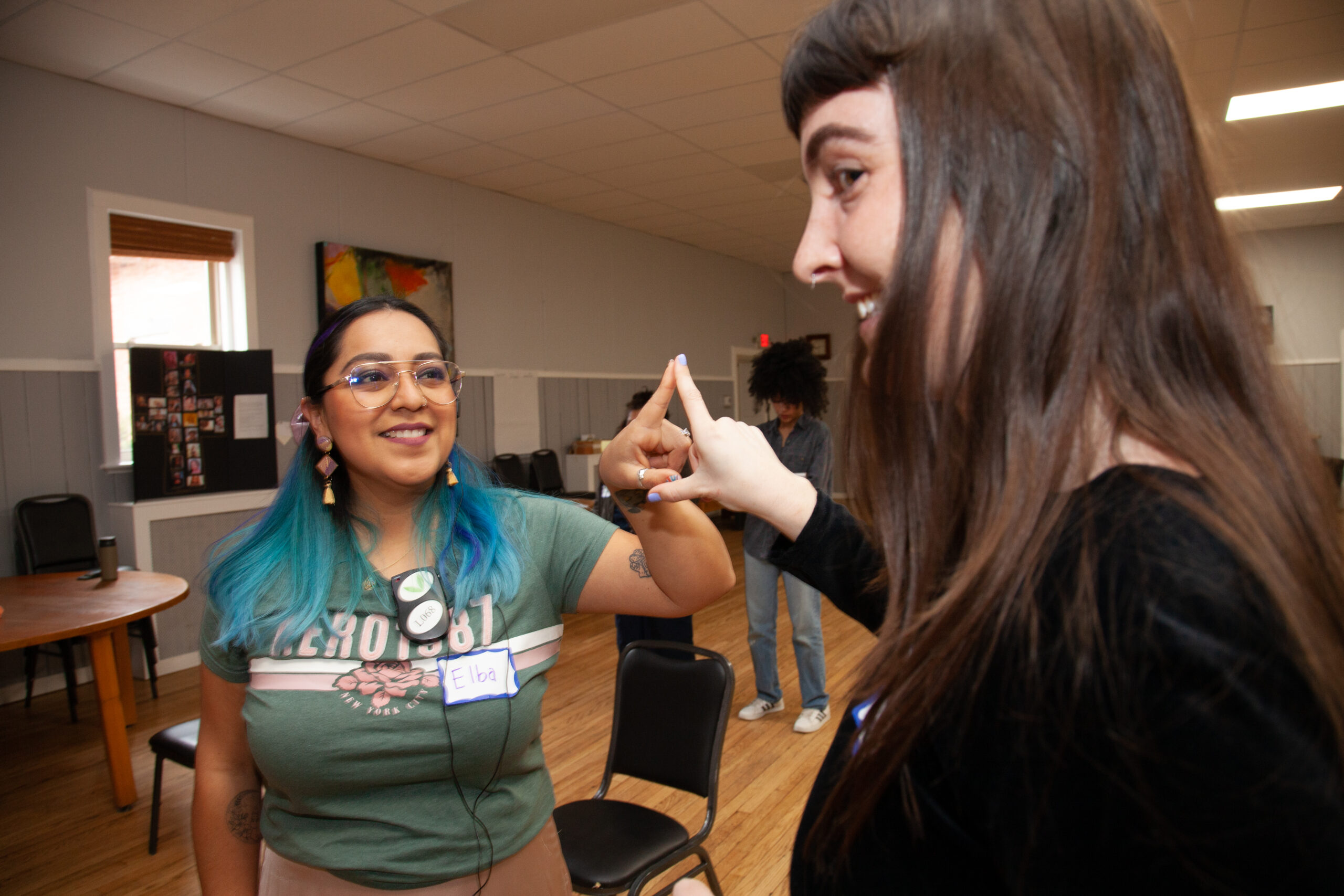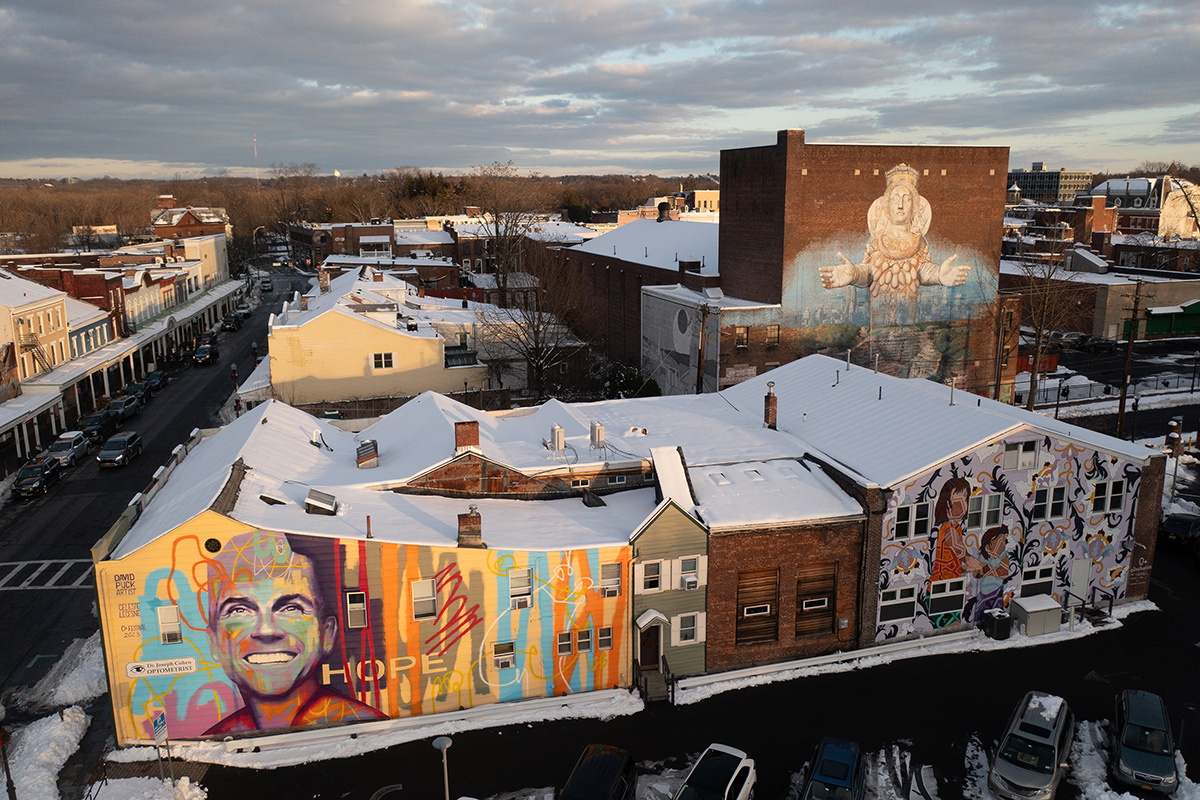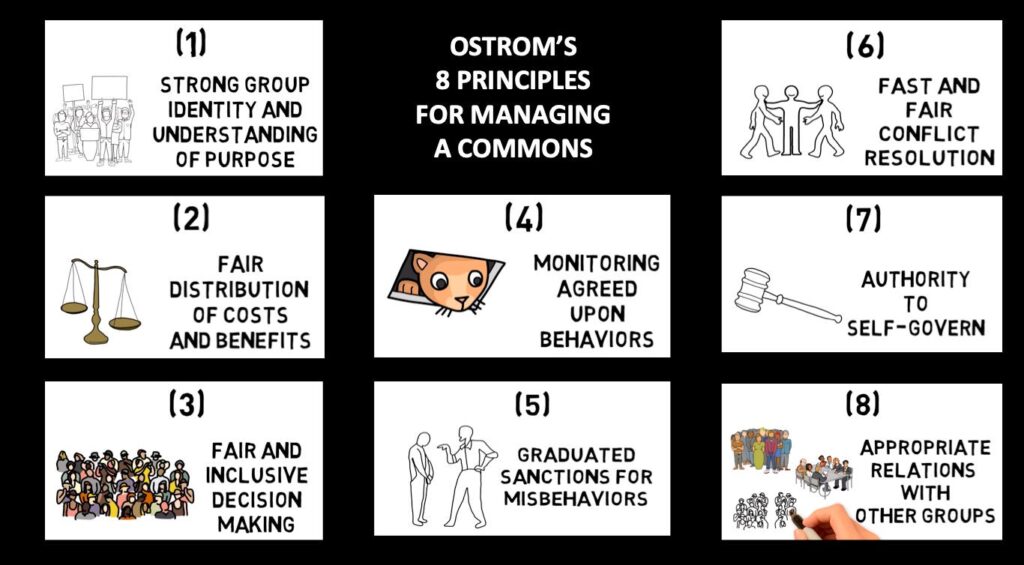KINGSTON, NY — For the people, by the people: Kingston Common Futures is a community fund offering grants directly to the Kingston community, for the Kingston community, decided by the Kingston community—the first program of its kind in this Hudson Valley city.
Co-led by Kingston community members, the fund has allocated a total of $150,000 in grants, ranging from $5,000-$50,000 for projects within the city. The highly transparent grant funding process is a collaborative effort of community-led decision-making, with a goal of supporting a diverse group of projects serving community needs, while inspiring ways of managing shared resources.
In addition to non-profits and fiscally sponsored projects, Kingston Common Futures is able to fund individuals, community groups, and businesses with projects that seek to serve the common good in Kingston.
“This is a unique opportunity for funding to flow through the community in new ways. It is so rare for grant funding to be available for a business with a community project or for a group of neighbors with a community initiative. The 18 community members who designed Kingston Common Futures stressed over and over that this funding should be open to everyone-not just non-profits. The group kept asking, “How can we increase access to this funding? How can we reduce the barriers to apply?” By expanding who is able to apply, we’re really inviting the whole community to have a seat at the table and plant some seeds for our future,” said Director of Process & Learning, Clay Moodey. Co-Directors Amanda Cassiday and Clay Moodey were two of the 18 community members who designed Kingston Common Futures and it’s pilot fund cycle.
The pilot fund cycle launched in January 2025. By May 1st, 140 letters of intent had been submitted by a diverse range of community projects seeking funding. After being scored and reviewed by a trained volunteer team, nearly all applicants were invited to complete full applications, and were offered opportunities to connect with 23 volunteer mentors, who were experienced community members eager to support applicants in grant writing, project development, and budgeting. In late June, 107 full applications were submitted. They were then each reviewed by 34 volunteer readers. The 25 top scoring applications were moved to the finalist round.
The last step in the community-driven decision-making process involved what was called the Decision Circle, a diverse group of 8 community members who volunteered over 60 hours of their time in less than 2 months to make final funding decisions. Their role was to review all 25 finalist applications, interview or review videos for each finalist, and work together to make final decisions through a highly structured, democratic process facilitated by the Good Work Institute.
The rigorous final grant review took place over two full days. In addition to considering applications from the point of view of how projects aligned with the fund’s mission and the overall mix of projects, Decision Circle members were guided to bring their hearts and their life experience into the decision-making process.
“The potency of the experience was in the open hearts and vulnerability shared within the group during the finalist review and decision-making process. There, the group was not composed of disembodied heads making rational decisions, but rather whole selves coming to the table honestly; trusting that if they collectively can speak their truths–thoughts, feelings, and lived experiences–then together, they can make exceptionally difficult decisions. In a world where we are confronted with some of the greatest challenges of our times, it feels ever more important to practice moving through our discomfort towards collaboration, by flexing our muscles of compassionate inquiry and conversation. This is just as important as the funds we are distributing!” said Director of Strategy & Development, Amanda Cassiday.
“Working on the Kingston Common Futures Fund is the closest I have ever come to creating enlightened society. Aligned with the GWI principles of Just Transition, I believe the fund will go a long way to raise Kingston up as an inspiring example for communities everywhere.” shared one Decision Circle Member
Another shared: “Yo aprendí a tomar decisiones con el corazón para compartir con la comunidad y a fortalecer relaciones, pero sobre todo, sentí la inclusión e igualdad de personas.” (I learned to make decisions with my heart to share with the community and to strengthen relationships, but above all, I felt the inclusion and equality of people.”
Projects that received funding will be implemented over the course of one year and will be provided with support from the Kingston Common Futures team to help share their impact and stories with the community. Also, in line with a commitment to building ongoing resources of mutual support, the Kingston Common Futures team will continue nurturing solidarity networks and skill-building amongst applicants who did not receive funding this year. The larger goal remains to act as a catalyst for building collective resilience, community projects, and strong relationships across Kingson
“Beyond a funding cycle, our goal is to turn funding limitations into opportunities by deepening our relationships with all applicants and becoming a valuable resource as they bring their projects to life,” said Angélica Medaglia, Communications and Outreach manager.



